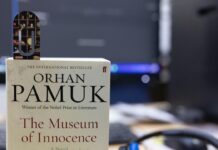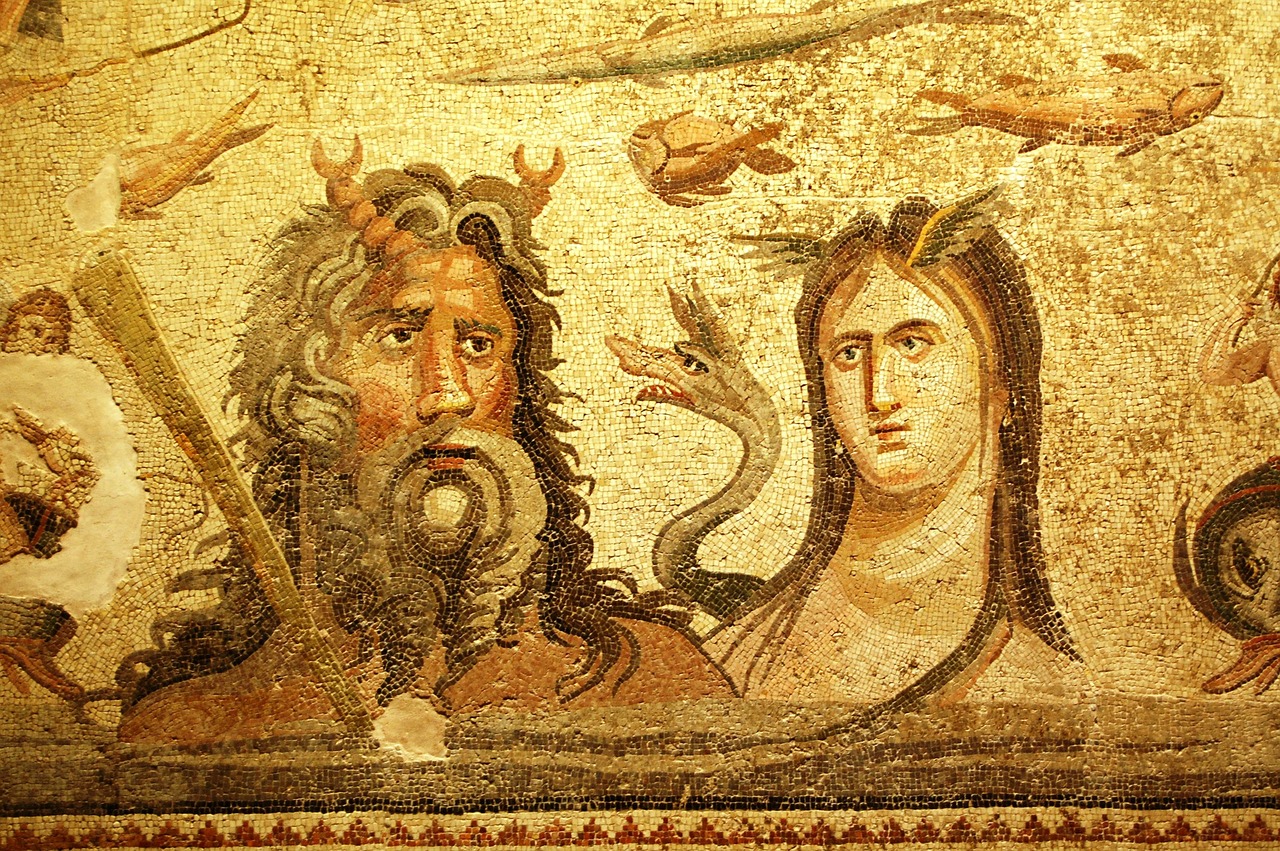We sometimes forget how hectic life in a cosmopolitan city like Istanbul can be (I know I do). Weekdays can feel mechanical, while weekends are the only chance we have to unwind, connect with ourselves and our loved ones, and complete the tasks we couldn’t do across the week.
This ‘survival mode’ of living may push us to a point of exhaustion, where we are caught up in a never-ending cycle of activities and responsibilities, viewing our weekends as some form of luxury. This way of living has also forced our minds to either linger in the past and/or stress about the future, rarely allowing us to be mindful and enjoy the present moment.

What is Mindfulness?
Our minds host hundreds of thoughts, emotions, and sensations that flow in and out, much like ripples on the surface of a lake. Sometimes these ripples can turn into waves, causing us to get caught up in the storm of past regrets and/or future worries. We often get so absorbed in these vigorous waves (or the possibility of them), that we disregard or devalue moments of stillness and simplicity.
Mindfulness is the practice of intentionally paying attention to the present moment without judgment or criticism. It involves directing our full awareness to our thoughts, feelings, bodily sensations, and our environment. It is the act of stepping back from the waves and anchoring ourselves in the calmness of the lake. By becoming aware of the present moment and fully accepting it, we can find peace and clarity amidst the chaos.
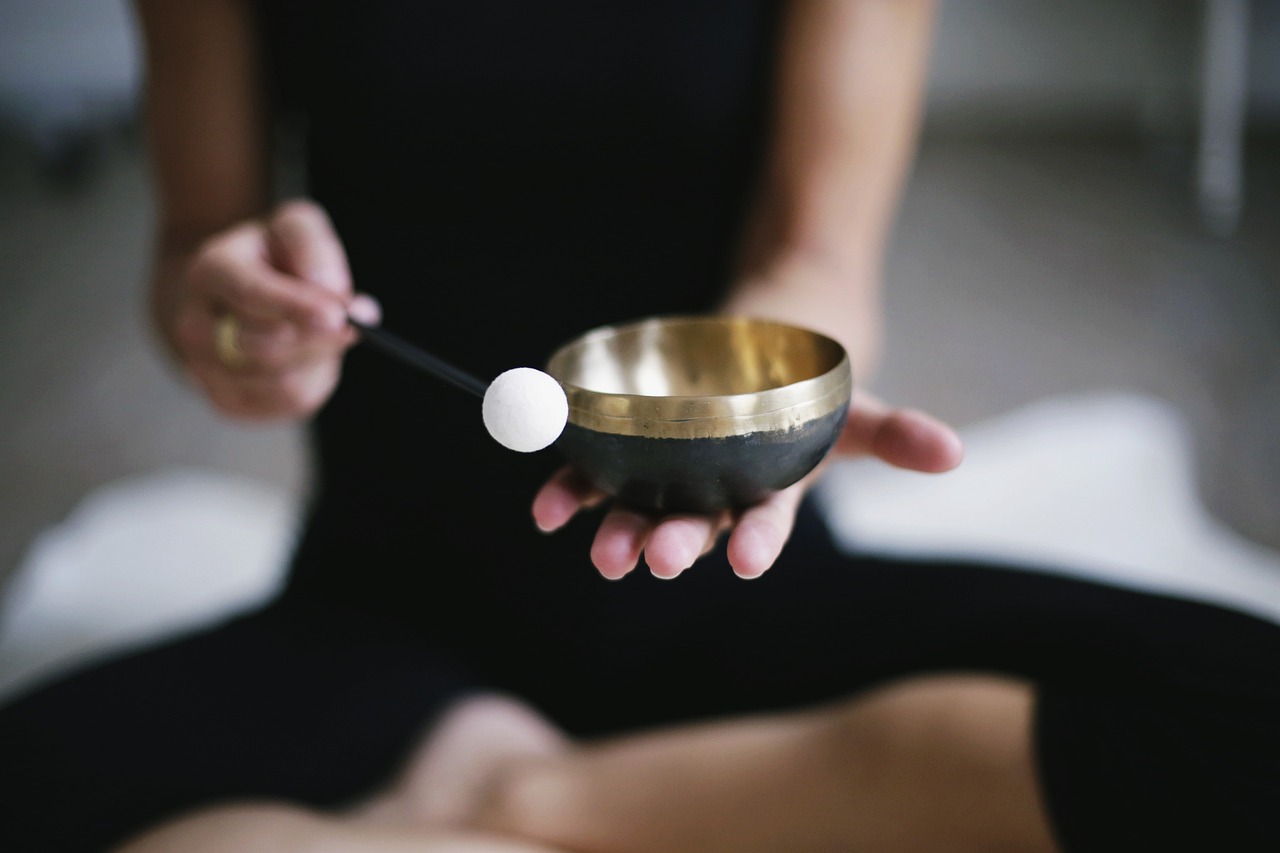
Benefits of Mindfulness
The relaxing and transformative nature of mindfulness can bring about a wide range of benefits that can positively impact our lives:
- Reduced stress: Mindfulness helps calm the mind and relax the body by decreasing stress levels. Focusing on the present moment and approaching something with a non-judgmental attitude helps us cope with daily stressors much better, responding to them with resilience.
- Improved psychological well-being: Mindfulness practices have been found to reduce symptoms of anxiety and depression. This is because we observe our thoughts and emotions without judgment, accept them as they are, and respond to our experiences with more compassion and understanding.
- Improved emotional regulation: Mindfulness cultivates emotional awareness and allows us to observe our feelings without being overwhelmed or frightened by them. This heightened self-awareness helps us regulate our emotions more effectively, leading to better emotional balance and stability.
- Improved concentration and focus: Mindfulness practices enhance our ability to sustain attention and focus. By training our minds to stay present, we can easily disregard distractions and concentrate on the task at hand, leading to increased productivity and performance.
- Improved relationships: Mindfulness deepens our capacity for empathy, compassion, and active listening, not just with ourselves but also with our loved ones. By being fully present in our interactions, we can cultivate deeper connections, improve our communication, and foster more meaningful relationships.
- Physical health benefits: The mind-body connection is powerful, and mindfulness can positively influence our overall well-being. Physical health benefits of mindfulness include reduced blood pressure, improved sleep quality, boosted immune system functionality, and decreased symptoms of chronic pain.
- Improved self-awareness and self-acceptance: Mindfulness encourages self-reflection and self-exploration, leading to a deeper understanding of ourselves. With this awareness, we can develop greater self-acceptance, self-compassion, and a more positive self-image.
- Increased Resilience: Mindfulness equips us with the tools to navigate life’s challenges with resilience and adaptability. By staying present and accepting what arises, we develop the inner strength to face our difficulties and bounce back from setbacks. We also look inward and rely on our skills and knowledge to effectively respond to challenges.
How Turkish people practice mindfulness
As someone who is approaching their 8th year in Turkey (phew), here are some of my observations of how Turkish people subtly practice mindfulness:
1) Turks love taking breaks
It is quite common to see Turkish people go for breaks to recharge and socialize, especially during a busy day. Sometimes, they do it in the company of others, and other times, they appreciate their moments of solitude.
People who take breaks may sometimes feel guilty because they feel unproductive. But breaks are both a right and a form of self-care. It is a way to practice compassion with yourself instead of pushing your limits, bringing about some balance during a hectic day. It’s okay to say NO to taking up any more work and utilize your day in a way that energizes and motivates you. Be aware of whether you take too many breaks: maybe that’s a sign of something you can explore.
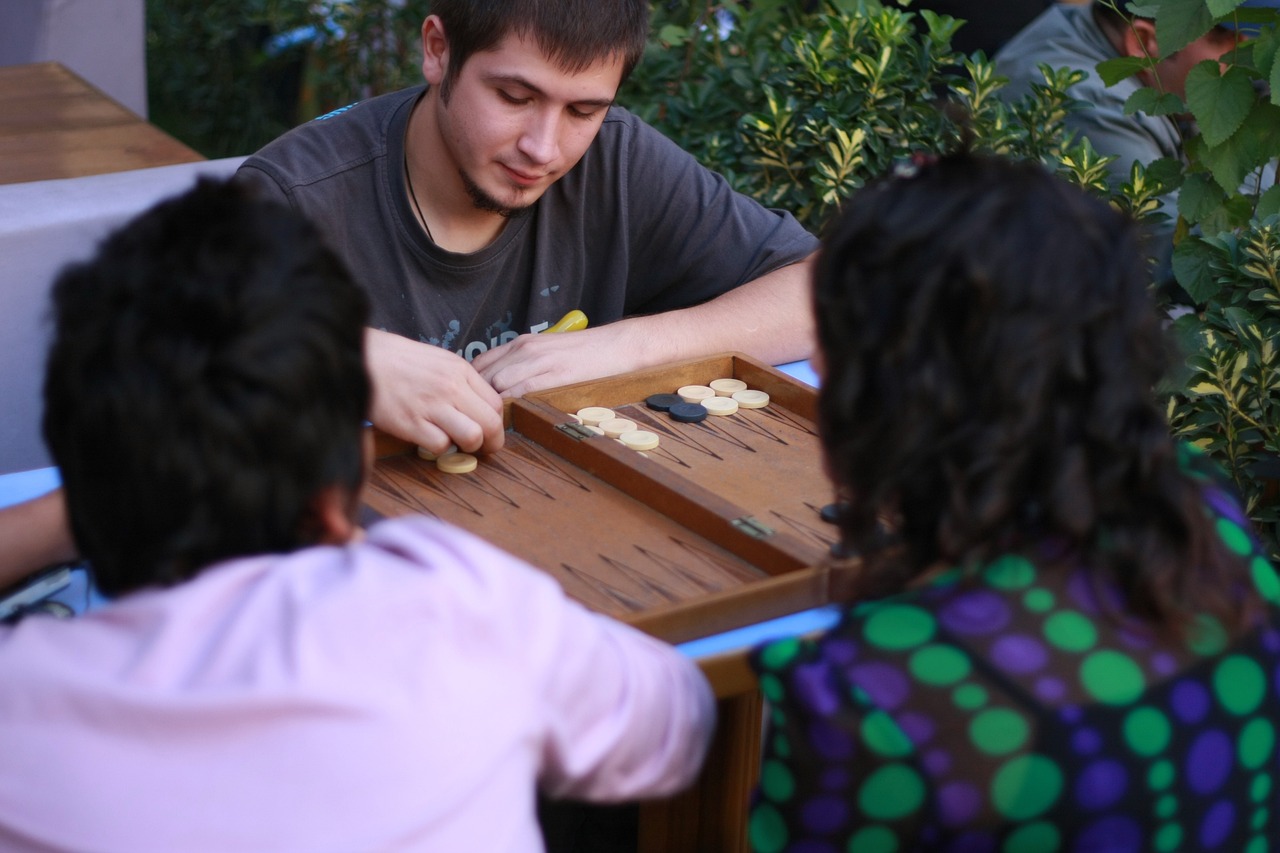
2) Turks enjoy life
If you were to walk from Beşiktaş to Haliç, you could see people of all ages either playing a game of Tavla, having a talk with friends (or strangers), or lying on the grass. Regardless of the economy, it is rare to find Turkish people spare themselves entertainment or fun, sometimes even coming up with creative and budget-friendly activities.
Human beings constantly require entertainment because we can get bored, burned out, and demotivated without any form of reward. When we consistently practice self-care, we learn what soothes us and gives us comfort, which we can later use in times of difficulty. This newfound information about ourselves could be very helpful whenever we are going through challenging times. Additionally, enjoying a task or activity, and giving it your undivided attention is the practice of mindfulness.
3) Turks eat slowly
Ever had to wait in queue for Turkish breakfast or dinner at a restaurant? Apart from the occasional quickly-eaten morning poğaça or busy afternoon döner, Turkish people practice a LOT of mindful eating.
Mindful eating essentially encourages us to engage our five senses (smell, touch, sight, taste, and hearing), thus eating slowly instead of rushing through the meal. Turkish people eat slowly, savoring every bite of their meal, and ordering tea after tea until it is time to leave. Turks take their time when it comes to food, allowing themselves to get immersed in conversations and topics, sometimes leaving much later than expected.
4) Turks enjoy art
The Byzantine and Ottoman Empires left behind architectural wonders like the Aya Sofya and Topkapı Palace, showcasing intricate mosaics, calligraphy, and geometric patterns; all of which required concentration and focus, key elements of mindfulness. In modern times, Turkish art enthusiasts embrace Istanbul’s bustling art scene, with its numerous galleries and museums, which serve as a platform for emerging and established artists.
Turkish people also celebrate art in the form of music, dance, and literature. So whether it is admiring a street performance, singing along with others in meyhanes, dancing in the alleyways of Taksim, or attending ceramic workshops or yoga studios, Turkish people enjoy producing and admiring art. Art can be a powerful tool to foster mindfulness, self-expression, and increased awareness. This in turn helps us self-reflect and alleviate feelings of stress, while we are caught in the intricate details of the artwork.
Takeaway Activity
Trust me, it does! Istanbul is such an iconic city, full of things to see, things to hear, and things to smell. From the screeches of seagulls to the smell of freshly baked simit to the colorful sunsets, we are always given a chance to admire the beauty of our city.
Try this next time: Focus on each sense while you’re out on a walk. Allow yourself to pay attention to the sights, the smells, and the sounds you may miss out on. When you eat a meal, pay attention to the flavors and textures of the food. And when you pet a cat or a dog, pay attention to how their fur feels against your skin. This is an excellent way to ground yourself in the present, especially if you’ve been feeling like a drifting balloon.
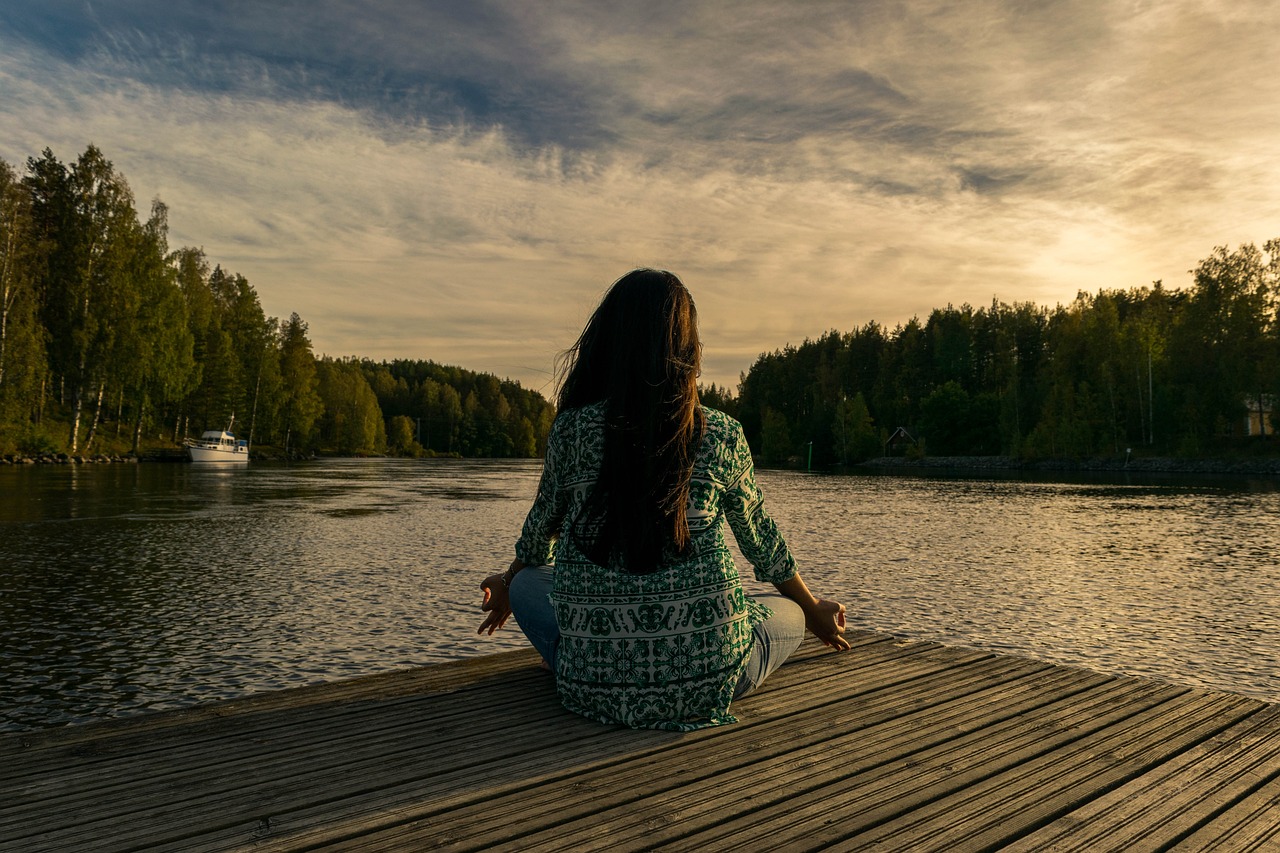
Conclusion
How the Turkish people have been able to bounce back as a nation, despite the difficulties they have endured, is inspiring, to say the least. It can even be an understatement. Aside from taking care of themselves, Turks are also dedicated to helping others who are in need. Time and time again, we are reminded of the hospitality and generosity of Turkish people, in how they care for themselves, each other, their things, and even, our furry citizens.
Mindfulness is a lifelong practice that can transform how we experience and engage with the world. Focusing on the present can be challenging but is doable, beneficial, and rewarding. By sprinkling practices of mindfulness across our lives, we can protect ourselves from getting burned out and/or frustrated by the small stresses that may accumulate into a large and tangled yarn ball of stress. By practicing mindfulness, we will grow more resilient, and better capable of managing and regulating our emotional state. By embracing the present and enjoying the beautiful moments life has to offer, we can nurture a deeper sense of balance, presence, and fulfillment in each others’ lives; and most importantly, our own.



